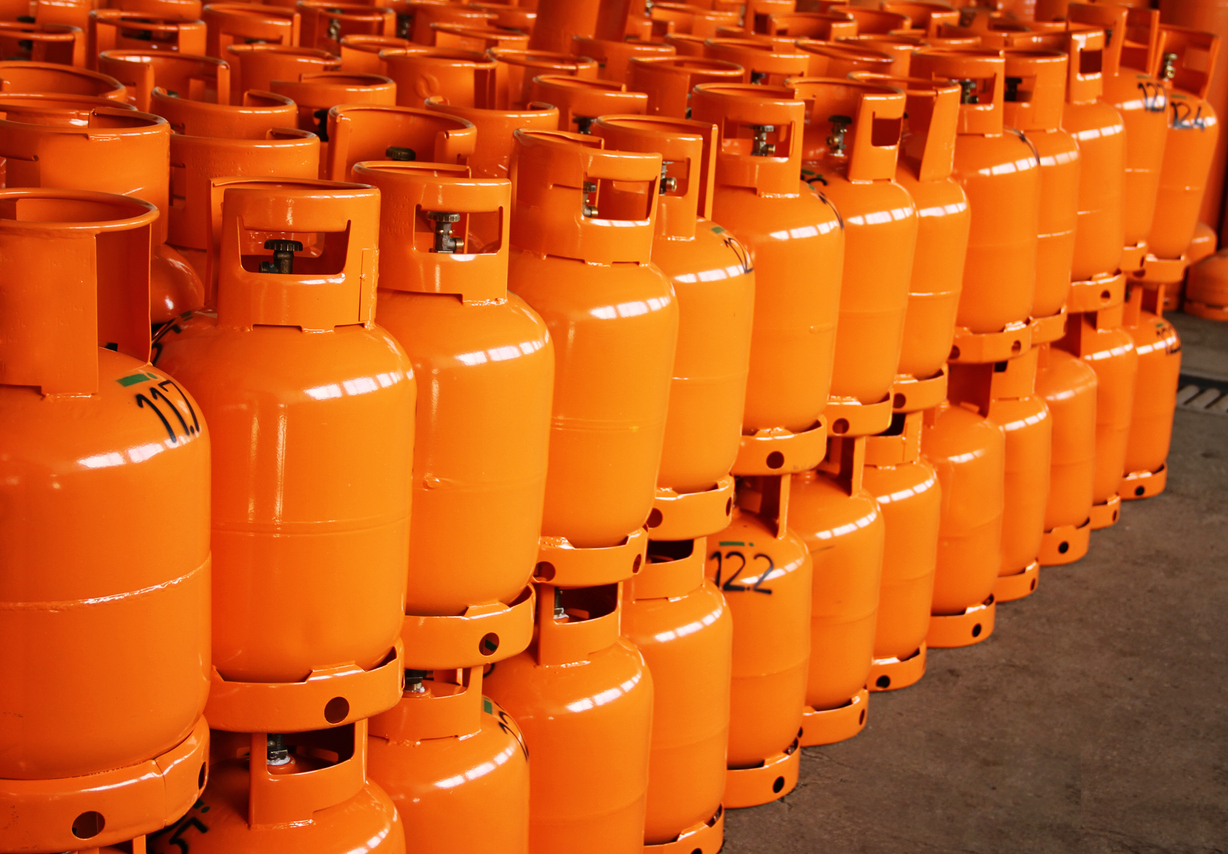Price of Refilling a 12.5kg Gas Cylinder Today: July 2024 Update
Price of Refilling a 12.5kg Gas Cylinder Today: July 2024 Update
Keeping up with the current prices of essential commodities like cooking gas is crucial for budgeting and financial planning. As of July 2024, the cost of refilling a 12.5kg gas cylinder in Nigeria has seen some fluctuations due to various factors. Here’s a comprehensive look at the current prices and the elements influencing them.
Current Prices
As of July 2024, the average price for refilling a 12.5kg gas cylinder in Nigeria is around ₦11,250 to ₦15,600. The exact price can vary depending on several factors, including location, supply, and demand dynamics (BetaPrices) (Okay.ng) (Nigerian Infopedia) (BestSales).
Breakdown of Prices
- Average National Price: ₦11,250 per 12.5kg refill.
- Range in Urban Areas: ₦11,250 to ₦15,600 depending on the filling station and regional differences.
- Higher-end Prices: Some locations may charge up to ₦15,600 due to logistics and demand factors.
Factors Influencing Gas Prices
1. Location
The price of refilling a 12.5kg gas cylinder can vary significantly between urban and rural areas. Urban areas, with more competition among suppliers, tend to have slightly lower prices compared to rural areas where supply might be limited.
2. Supply and Demand
Seasonal changes and overall market demand can impact gas prices. For instance, during the rainy season, transportation challenges can lead to higher prices due to increased logistical costs.
3. Economic Conditions
Inflation and changes in exchange rates can affect the cost of imported gas, which in turn impacts the retail price. Economic policies and regulatory changes also play a role in determining these prices.
4. Quality of Gas
The quality and purity of the gas provided can influence prices. Higher-quality gas from reputable suppliers may cost more but offers better performance and safety.
5. Government Policies
Changes in government policies, such as subsidies or taxes on petroleum products, can directly impact gas prices. Monitoring these policies can provide insights into potential price changes.
Conclusion
Understanding the current prices and the factors influencing them can help consumers make informed decisions. As of July 2024, the cost of refilling a 12.5kg gas cylinder in Nigeria averages around ₦11,250 to ₦15,600. Staying informed about these prices and the factors that affect them can help in budgeting and planning for household expenses.
For the latest updates and more detailed information, you can visit Okay.ng and Nigerian Infopedia.








Comments are closed.